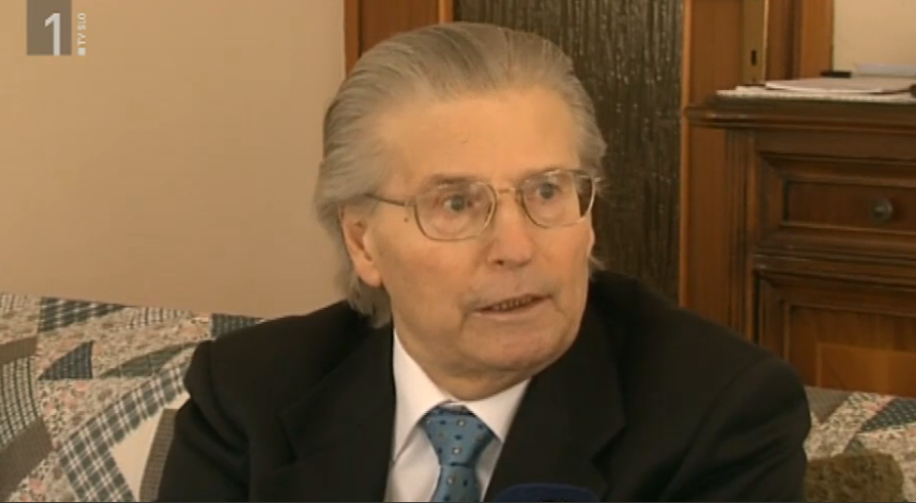
Černo was born in 1937 in the village of Bardo. At first, he attended an Italian school, but he continued his education in a Slovenian-language vocational school and later enrolled in the University of Trieste.
His native region, known as Venetian Slovenia, was poor and the Slovenian community found itself in a marginalized position both culturally and politically. Many people sought a better life abroad. Černo’s first-hand experience with the region inspired his PhD, which examined Venetian Slovenia’s history of emigration to countries around the world. (Years later, he organized several Emigrants’ Days devoted to the history of the Slovenian diaspora from the area.)
Černo went on to work as a teacher and taught everything from Slovenian and Latin to history and geography. He emerged as a passionate advocate for an expanded role of the Slovenian language in public education, as well as greater economic and political rights for the Slovenian community.
He devoted many years to studying the local dialect, which he helped to standardize and turn it into a literary form. Among other things, he founded a local cultural association and ran a Slovenian library in Trieste. He was also a prolific writer, poet, and organizer of cultural events. His charisma even won him the respect of political detractors.
In 1998, Černo received the Order of Freedom, the highest civilian honor handed out by the Slovenian government.
When Černo died earlier this year, his life’s work was remembered in both Italy and Slovenia – two countries whose cultural legacy had been shaped by his pioneering work.

































































